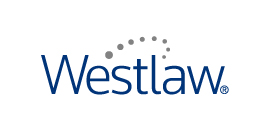Law Technology News (LTN) magazine and website reports that ALM, the leading provider of specialized business news and information focused on the legal sector, has launched 14 smartphone apps for use on Apple Inc.’s iPhones, iPods, and iPads. The apps provide content from the company’s national and regional web and print publications, and support iOS 6.1 and above. The available publications are:
The American Lawyer
Corporate Counsel
Law Technology News
The National Law Journal
Connecticut Law Tribune
Daily Business Review
Daily Report Online
Delaware Business Court Insider
Delaware Law Weekly
New Jersey Law Journal
New York Law Journal
Texas Lawyer
The Legal Intelligencer
The Recorder
An ALM press release stated: The apps offer a superior and faster reading experience than what is possible through a smartphone or tablet Web browser. They also provide offline reading capability so users can view news stories and other articles even when they are not connected to the Web. . . The apps are being sponsored by leading financial and legal institutions who are providing end-users free complimentary access to the content during the launch sponsorship.
Content that might otherwise be behind a paywall is now available thanks to the sponsor. In fact, if you look at the NYLJ front page using the iPhone’s Safari browser, several of these stories are locked. If you look at the same stories using the app, they are unlocked. Brooklyn Law School students can now regularly follow any of these ALM publications.




